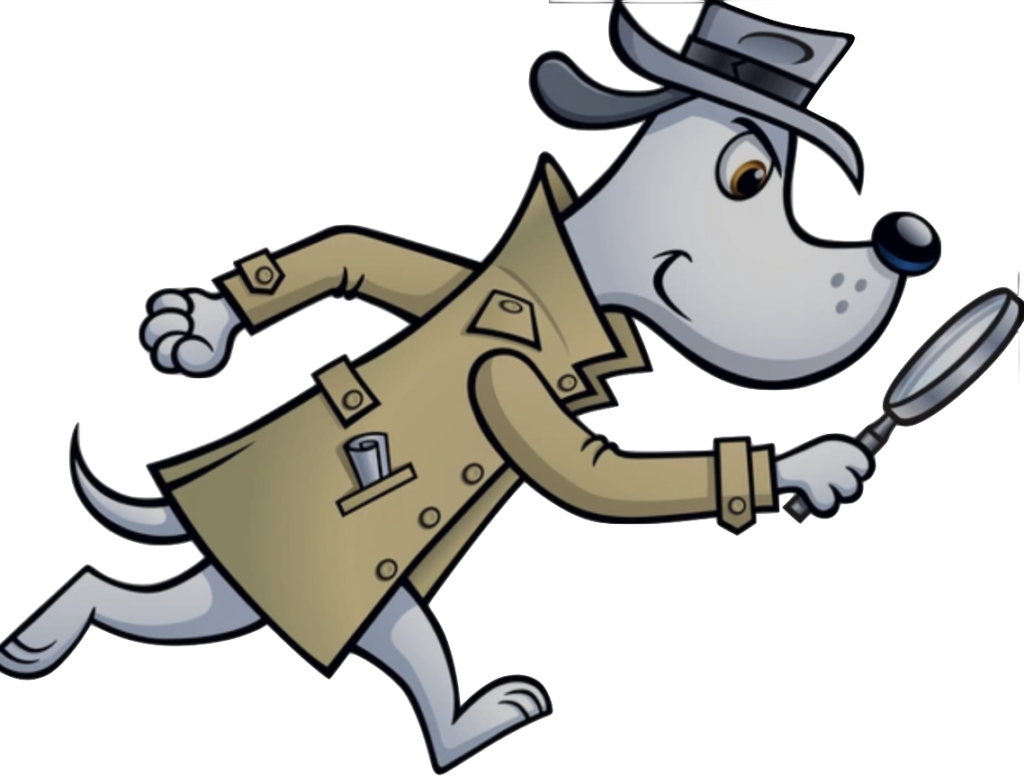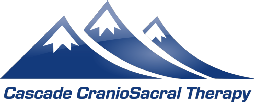Category: Conditions
“Olfactory Training”
Originally posted in 2020 by Tim Fraticelli of PTProgress
Looking for and finding answers

Image Credit: Rod Savely // Shutterstock
Where and how DO you look for answers?
Whatever your ailment, when you are looking for answers that are slow in coming, it can feel like you are lost and wandering in a desert. And I don’t mean the beautiful flower-filled kind, 2 days after a storm has passed through. I mean the super dry kind that brings you face to face with the reality that, if you don’t find water before the sun comes up, you may. actually. not. make it.
It could be anything that has you searching for answers: recovery from a surgery that isn’t going the way everyone assured you it would, an unexplained decline of mental sharpness, some forgotten trauma resurfacing, or a collection of “mystery symptoms” that just hang on… and on.
When our life – or the life of someone we care for – is turned upside down, brought to a halt, or otherwise altered beyond recognition, we naturally look for ways to right ourselves, ways to get back to “normal”. It is our hardwired, homeostasis-seeking birthright to keep trying. We don’t give up.
And we may not give up. But we can sure get exhausted. Or utterly demoralized. We can feel trapped. Or lost. We may feel we are losing our life as we know it. Or our identity. Or our mind.
What guides YOU in looking for answers?
As a special bonus, I have over the years had the good (and simultaneously awful) fortune of going through some really award-winning injuries and some way-too-long stretches of “mystery” symptoms.
Seven “Aha!” realizations that help me:
- It is MY body and MY life – It is up to me to actively participate in my health and take responsibility for it. I am my own best advocate and things go best when I lean into that.
- Movement IS life – On a large scale and down to the microscopic world of each of our cells, movement is necessary for health. So figure out what movement IS possible and do that – every day, throughout the day. Anything I do to keep movement in my life has been worth the effort.
- Clues are there and answers are to be found in the patterns. Notice the things that have changed, pay attention to the timing and sequences of those changes, and look for patterns. Our bodies hold great wisdom and put a lot of effort into communicating with us; the polite thing to do is pay attention. Listen for the quiet things – look for the small things. What might seem insignificant or unrelated may hold the very key to the puzzle.
- Healing happens best when you feel cared for. The effects of injury (physical, emotional, any kind) are multiplied many times over when we feel alone. Humans haven’t made it as long as we have by being “rugged individuals”. We need each other. This time it may be my turn to be on the receiving end. And that’s ok. Keeping score is not the biggest priority here.
- Curiosity may result in fewer cats, but it may save YOUR life. Ask questions. Lots of them. Never give up looking for answers. Sometimes answers are obvious, but not always. I find that answers often are in the patterns found in plain view. If you don’t see yourself naturally inclined to detective work, find someone who is. Notice which health providers express genuine interest and curiosity and team up with THEM. If you haven’t found that special breed yet, ask others who they trust. You will need them and they ARE out there.
- Progress is progress, no matter how incremental. Actively look for the place where you are seeing improvement. Even if it is small, it is not insignificant; it is change in the right direction. Build on that.
- Manage what IS in your control to feel as good as possible. The hard truth is that sometimes we may not heal completely, we may never return 100% to how things were. If you are alive, there is still more health in you than is not – so feed and nurture the health you have. Manage energy, manage pain, manage emotions, manage daily needs so that you have what you need to find some enjoyment in each day.
Autonomic Nervous System Dysfunction – Spotlight: “POTS”
“What is POTS?” Source: Dysautonomia International
